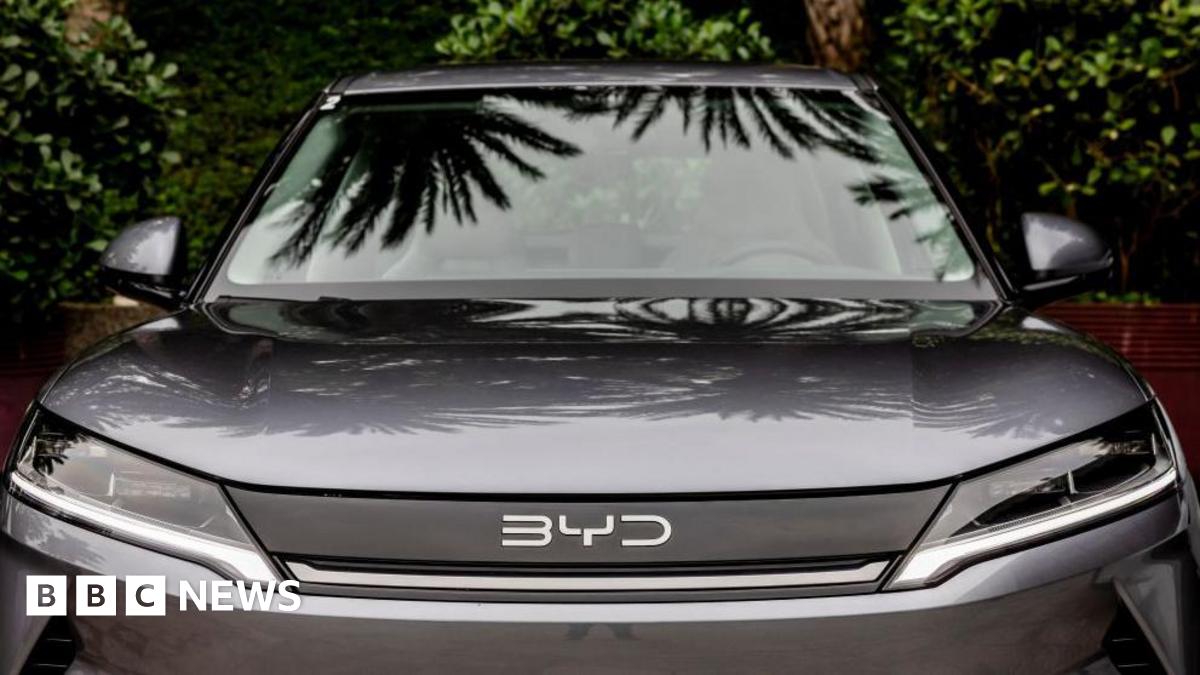Stay informed with free updates
Simply sign up to the German politics myFT Digest — delivered directly to your inbox.
Germany’s Chancellor Olaf Scholz has said he might be prepared to bring forward a confidence vote in his government, raising the prospect of much earlier snap elections in the Eurozone’s largest economy.
Scholz had originally scheduled the confidence vote for January 15, paving the way for elections in March. But the opposition has insisted it should be held as early as next week to avoid a long period of political uncertainty. That would mean elections could be held in January.
Scholz brought the curtain down on his fragile three-party coalition on Wednesday by sacking finance minister Christian Lindner, leader of the smallest party in the alliance, the pro-business Free Democrats (FDP).
The move marked the climax of a long-running dispute within the coalition between the Social Democrats (SPD) and Greens on the one hand and the FDP on the other over the direction of economic policy.
With the FDP pulling its ministers out of the cabinet, Scholz now heads an SPD-Green minority government.
Scholz indicated he might be flexible on timing if the SPD and Greens could reach a deal with opposition parties, including the Christian Democratic Union (CDU) and FDP, to get some outstanding bills through parliament.
“It would be good if the democratic groups in the Bundestag could reach agreement on what laws can be passed this year,” Scholz told reporters on Friday on the sidelines of an informal EU summit in Budapest. “This agreement could then provide an answer to the question of when would be the right time to table a confidence vote.”
He cautioned, however, that setting a date for the poll was not a “purely political” matter, since the federal election commissioner needed enough time to organise a “fair democratic election”.
A spokesman for CDU leader Friedrich Merz declined to comment, saying only that Scholz had not yet named a new date for the confidence vote.
Meanwhile, Robert Habeck, the deputy chancellor and economy minister, announced he was running as the Green candidate for chancellor in the coming election.
In a video on social media showing him seated at his kitchen table, Habeck said he was “prepared to offer my experience, my strength and my responsibility — if you want, as chancellor, too”.
He said he wanted to offer people security and confidence, to reduce their concerns about keeping their jobs or securing a place in day-care or a good school. “I care about how we can live together in peace and freedom, how we can protect nature and the climate,” he added.
He said he wasn’t “promising the earth”. “But I promise to talk about things openly and honestly and not dodge the answers.”
Habeck has long harboured ambitions for Germany’s top job, but in the last Bundestag election in 2021, he stepped back to allow Annalena Baerbock to run as the party’s candidate.
However, Baerbock, Germany’s foreign minister, told CNN in an interview in July that she would not run for the top job again, opening the way for Habeck to stand.
His candidacy will need to be confirmed at a Green party conference next week in the west German city of Wiesbaden.
Habeck’s chances of becoming chancellor are slim. Approval ratings for the Greens have slumped in recent months, with polls placing them at 9 to 11 per cent.
Merz said Habeck’s plan at a time when the party was polling so badly had “a humorous aspect”.
In his video, Habeck acknowledged that “things have begun to slip”. “The mood in the country is irritable, depressed, discord has entered society and is spreading,” he said, in a clear reference to the growing popularity of far-right and hard-left parties.
That mood was being stoked by Russia’s armies of trolls and bots, he said. “It’s becoming all the more obvious that the fundamental conflict of our times is between authoritarian regimes and liberal democracies, and it is a conflict we must win,” he said.
Habeck comes from the “realo” or pragmatic wing of the Greens. As deputy chancellor, he was involved in policies that were hard for other Greens to stomach such as tougher rules on immigration.
He is seen as one of Germany’s most gifted orators. However, his reputation was damaged by the controversy surrounding a law pushed through by his ministry aimed at phasing out gas and oil-fired boilers and replacing them with heat pumps run on renewable energy. Many saw it as an unwarranted intervention in the private sphere.
Credit: Source link











